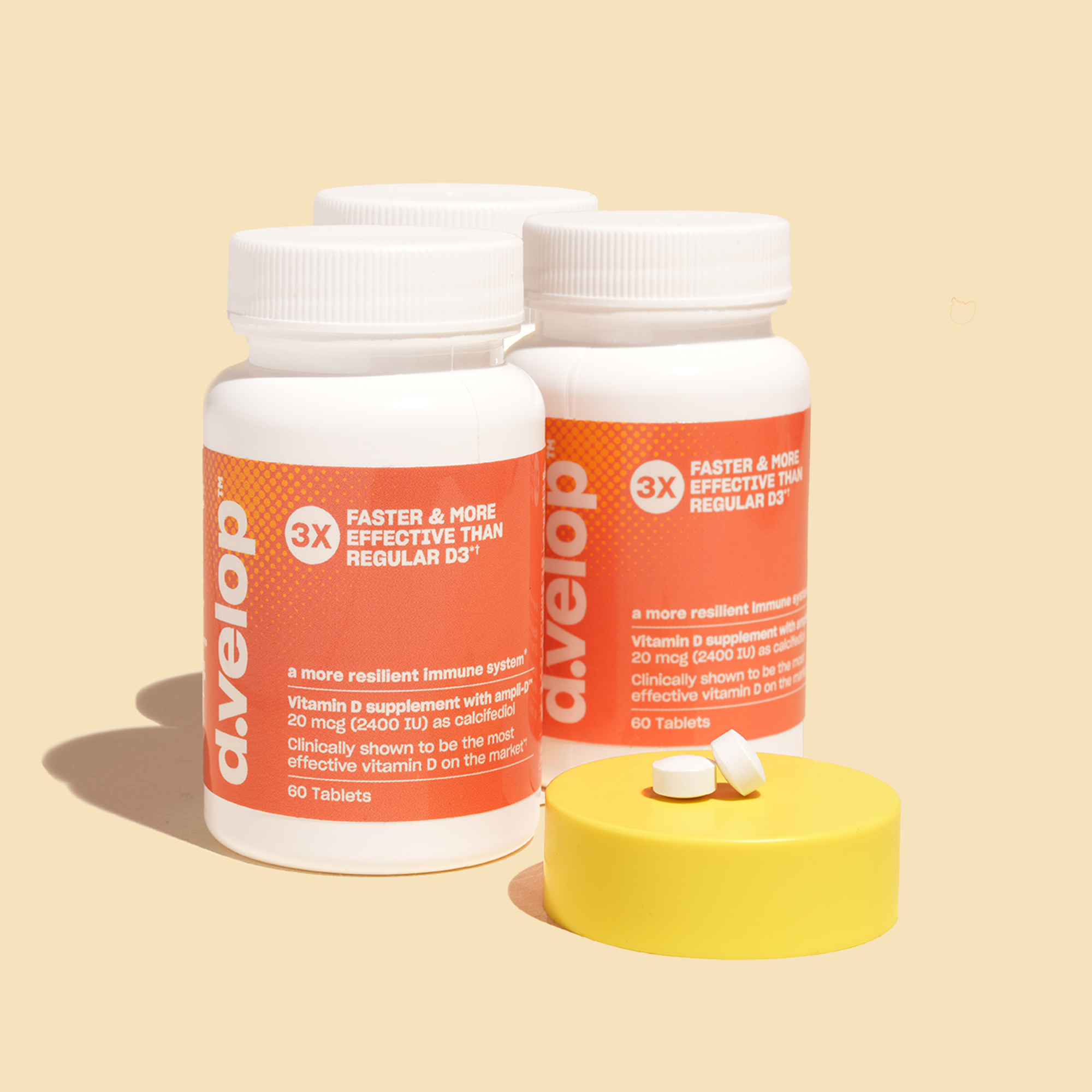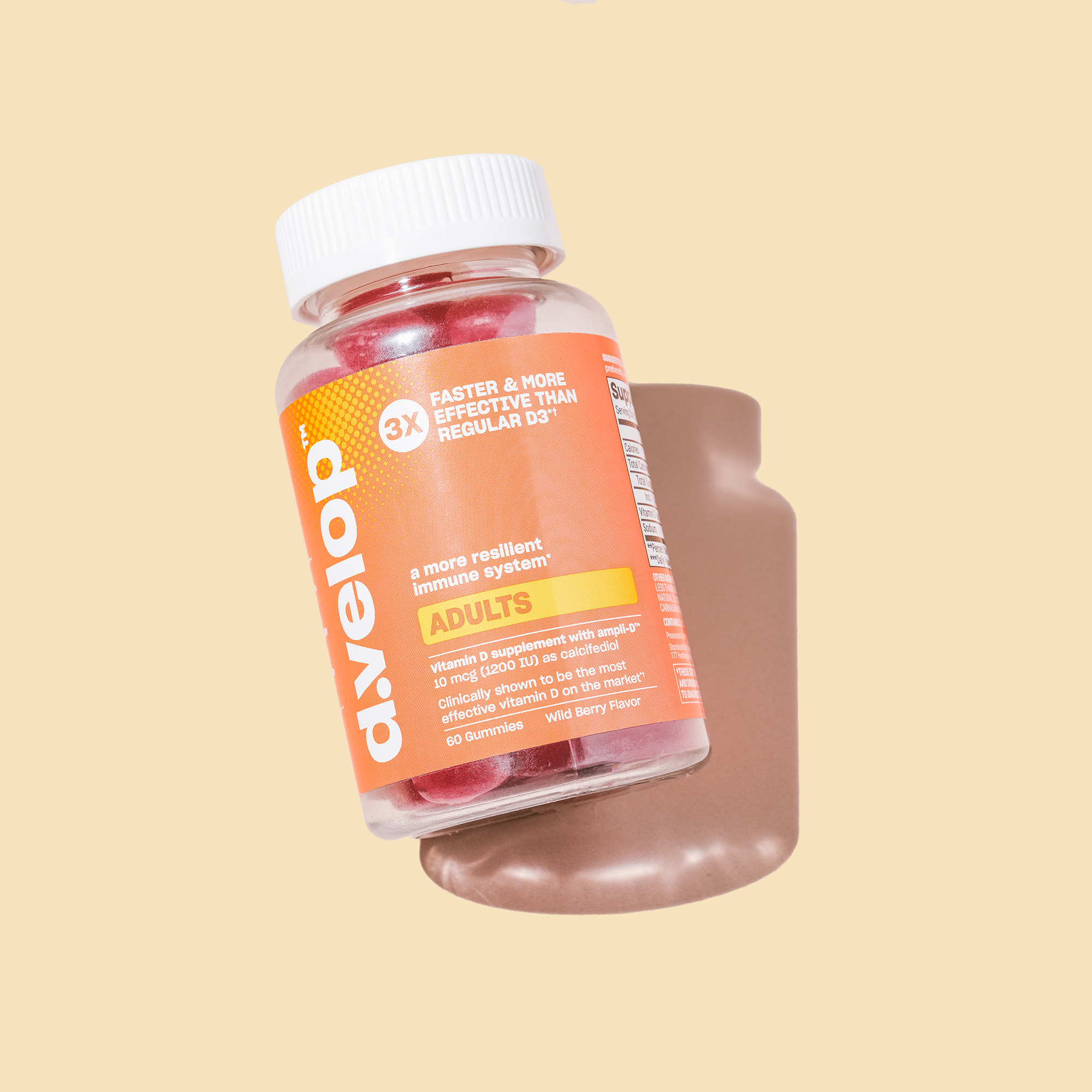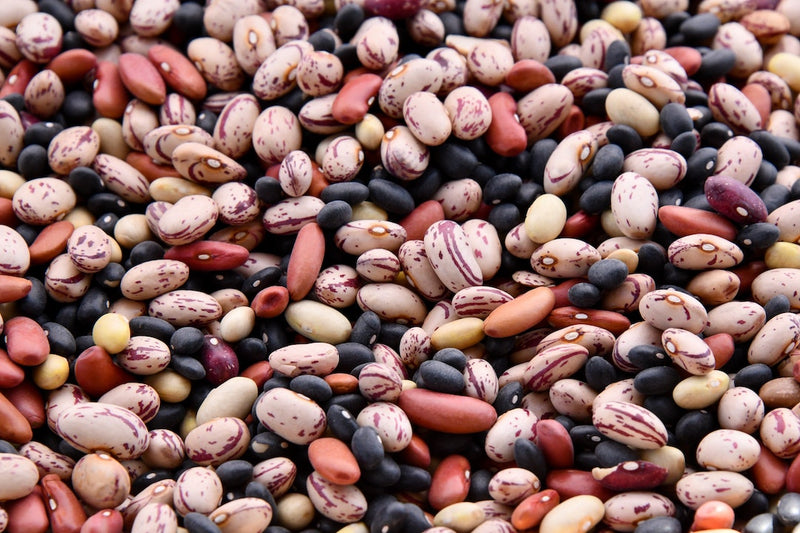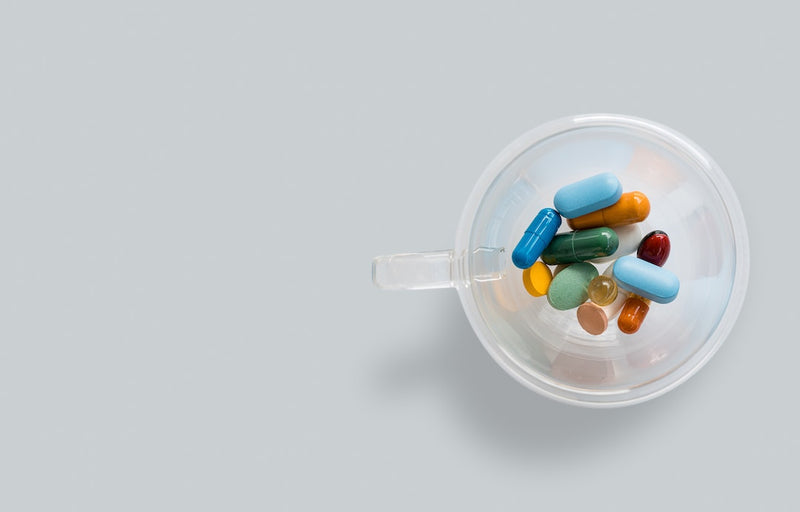Do you remember the old phrase “You are what you eat”? Well, what you eat does have an impact on your life, including your immune system. When certain food groups are eliminated from your diet, certain nutrients are also eliminated, and, in turn, your immune system may be impacted.
Here’s an overview of some different dietary patterns and how they may be connected to immune support as well as some tips on how to fill potential “nutrient gaps” that may arise.
Pescatarian
A balanced Pescatarian diet includes fish, shellfish, fruits, vegetables, legumes, whole grains, nuts and seeds. Most also include dairy and eggs. This dietary pattern eliminates land animals (beef, chicken, pork, etc.). Fish and seafood have incredible immune supporting ingredients including the omega- 3 fatty acids. These heart healthy fats support the body’s immune cells in fighting off unwanted invaders and illnesses (Gutierrez and Johansson, 2019).
A strict pescatarian diet omits dairy and eggs which can lead to inadequate intakes of calcium, vitamin B12, and zinc. Calcium is needed to balance the body’s response to infection and a zinc deficiency can make you more susceptible to infection (ScienceDaily, 2021),(AS, 2021). Vitamin B12 is needed for white blood cell production which is essential for proper immune system function (AE, 2021).
Vegetarian and Vegan
A vegetarian diet focuses on plants for food. This includes fruits, vegetables, whole grains dairy, eggs, legumes, nuts, and seeds. This dietary pattern excludes meat, fish, and poultry. Some may include eggs & dairy (lacto-ovo-vegetarian), or only dairy (Lacto-vegetarian), or only eggs (Ovo-vegetarian). A vegan diet includes foods only from plants. This dietary pattern eliminates all animal products. For most, the main source of protein may be beans and lentils which are a good source inflammation-fighting minerals such as magnesium (Nielsen, 2018).
These dietary patterns limit protein sources from animals and fish as well as dairy. This can lead to inadequate intake of omega-3 fatty acids, vitamin D, iron and vitamin B12. Iron is essential for normal development of immune cells and vitamin D regulates immune responses within your body (Prietl B et al, 2013). Omega-3 fatty acids help reduce inflammation in the body and vitamin B12 helps support immune function (Springer, 2021).
Keto
A keto diet is high in fat and low in carbohydrates. There is an emphasis on fats, nuts, seeds, and cruciferous vegetables in the diet. Heart healthy fats in foods like avocados, and immune-boosting vitamins like vitamin C in cruciferous vegetables (like broccoli, kale, and Brussels sprouts) will support your immune system. Cruciferous vegetables also contain sulforaphane which is a compound known to reduce inflammation (Bai Y et al, 2015).
This dietary pattern drastically reduces the intake of whole grains, fruits, and starchy vegetables. This may make it difficult to consume adequate amounts of fiber, B-vitamins, calcium, vitamins A, C, and potassium. Fiber encourages regular bowel movements and healthy gut flora which helps promote a healthy immune system (CJ, 2021). B-vitamins all work together to fight off infections while vitamin C helps reduce the length and intensity of symptoms should you catch a bug (Suardi C et al, 2021).
Paleo
The paleo diet includes foods that could be obtained by hunting and gathering such as lean meats, fish, fruits, vegetables, nuts, and seeds. This dietary pattern limits dairy, legumes, and grains. While there are many immune-supporting nutrients in these foods, nuts and seeds have a special micronutrient called selenium. Selenium supports the immune system by fighting oxidative stress and infection (NIH, 2021).
Due to the omission of dairy products the paleo diet may be limited in calcium, vitamin D, and phosphorus. The grain restriction also may limit the intake of fiber and folate. Deficiencies of these nutrients can lead to a weakened immune system. Focusing on nutrient-dense foods such as vegetables and nut-based milk will help fill the gaps.
Author:
Christy Bogardus, MS, RDN, LDN
References:
AE; A. Role of the B vitamins in the immune response. Advances in experimental medicine and biology. https://pubmed.ncbi.nlm.nih.gov/7010964/. Accessed October 6, 2021.
AS; SAHP. Zinc and immune function: The biological basis of altered resistance to infection. The American journal of clinical nutrition. https://pubmed.ncbi.nlm.nih.gov/9701160/. Accessed October 6, 2021.
Calcium signals balance the body's response to infection against potential for self-attack. ScienceDaily. https://www.sciencedaily.com/releases/2016/05/160531130505.htm. Published May 31, 2016. Accessed October 6, 2021.
CJ; SPDF. The immune-enhancing effects of dietary fibres and Prebiotics. The British journal of nutrition. https://pubmed.ncbi.nlm.nih.gov/12088522/. Accessed October 6, 2021.
Gutierrez, S; Svahn, S; Johansson, M. Effects of Omega-3 Fatty Acids on Immune Cells. International Journal of Molecular Science. 2019;20:5028.
Suardi C, Cazzaniga E, Graci S, Dongo D, Palestini P. Link between Viral Infections, Immune System, Inflammation and Diet. International Journal of Environmental Research and Public Health. 2021; 18(5):2455. https://doi.org/10.3390/ijerph18052455.
Nielsen F.H. Magnesium deficiency and increased inflammation: Current perspectives. J. Inflamm. Res. 2018;11:25–34. doi: 10.2147/JIR.S136742.
Bai Y, Wang X, Zhao S, Ma C, Cui J, Zheng Y. Sulforaphane protects AGAINST cardiovascular disease Via Nrf2 Activation. Oxidative Medicine and Cellular Longevity. 2015;2015:1-13.
Office of dietary supplements - selenium. NIH Office of Dietary Supplements. https://ods.od.nih.gov/factsheets/Selenium-HealthProfessional/. Published March 26, 2021. Accessed August 9, 2021.
Prietl B, Treiber G, Pieber TR, Amrein K. Vitamin D and immune function. Nutrients. https://www.ncbi.nlm.nih.gov/pmc/articles/PMC3738984/. Published July 5, 2013. Accessed October 6, 2021.
Vitamin B12, folic acid, and the immune system - springer. https://link.springer.com/chapter/10.1007%2F978-3-030-16073-9_6. Accessed October 6, 2021.























































